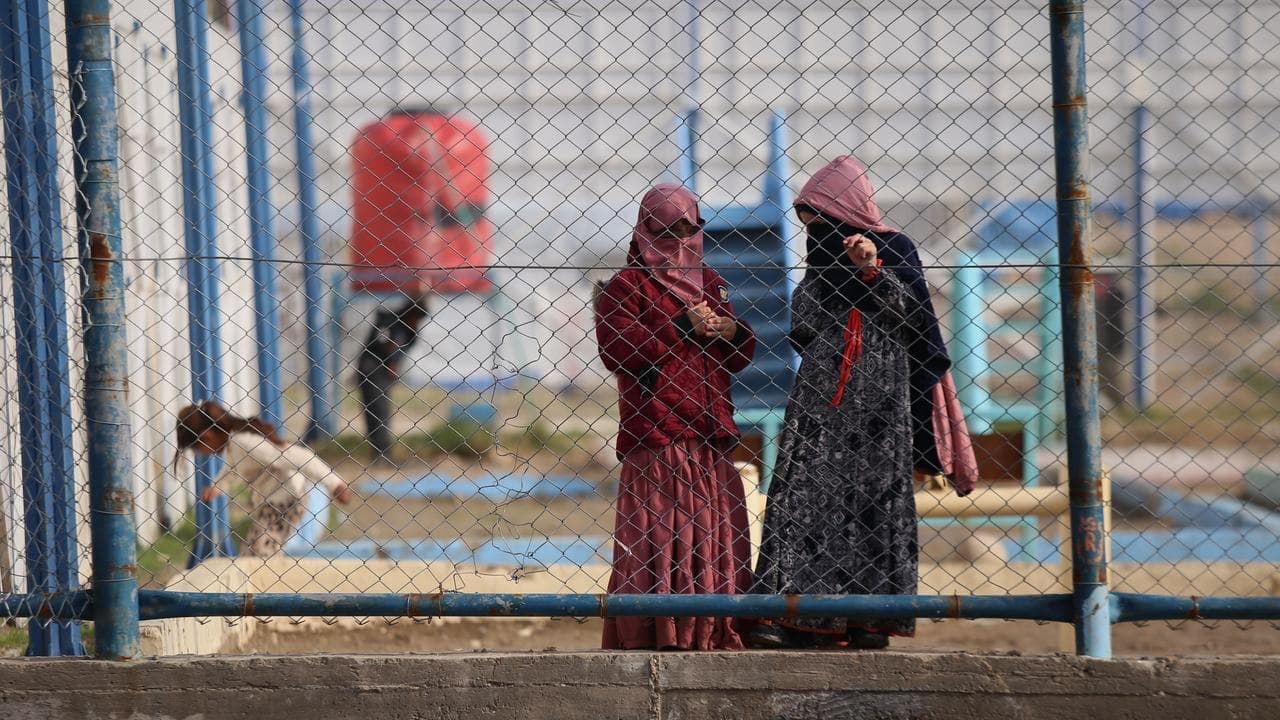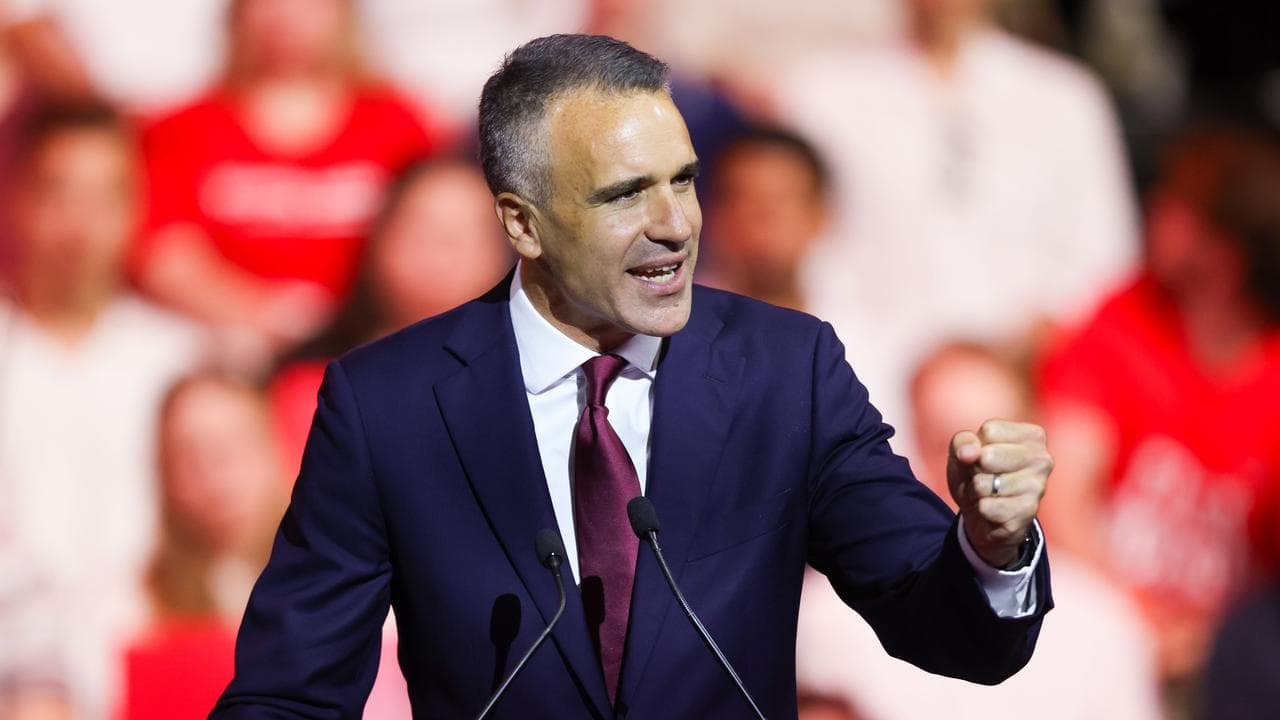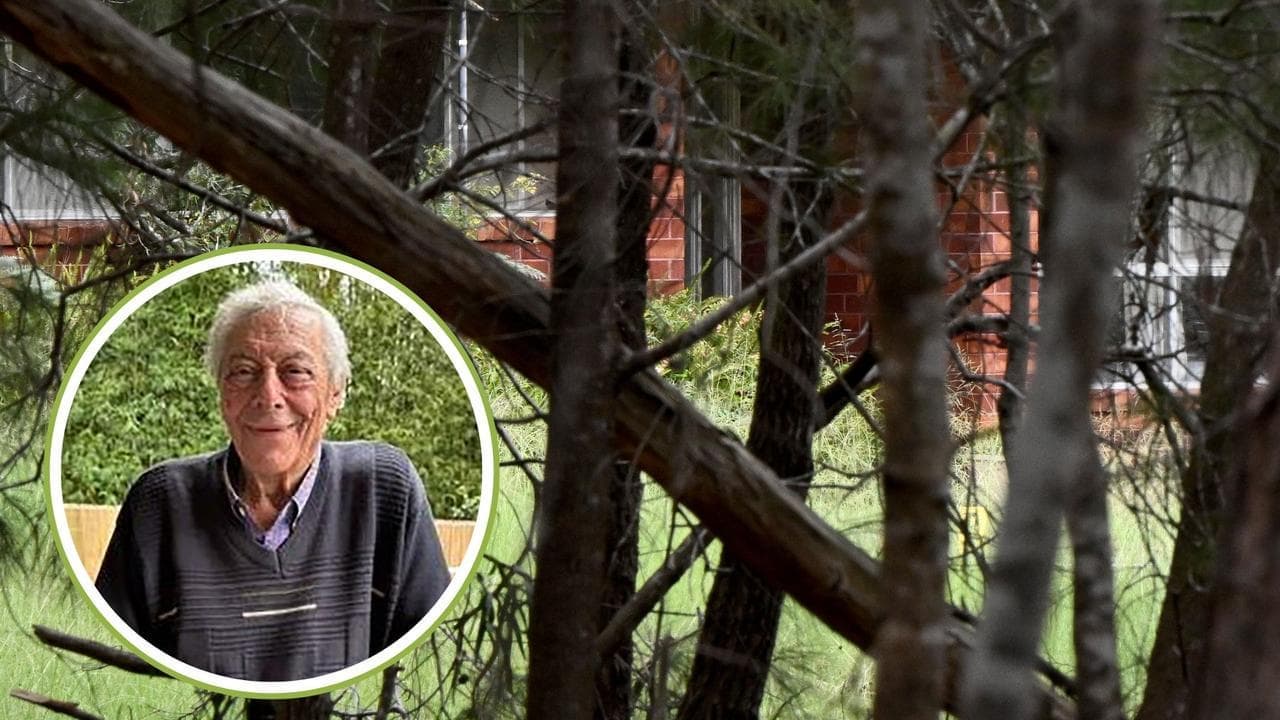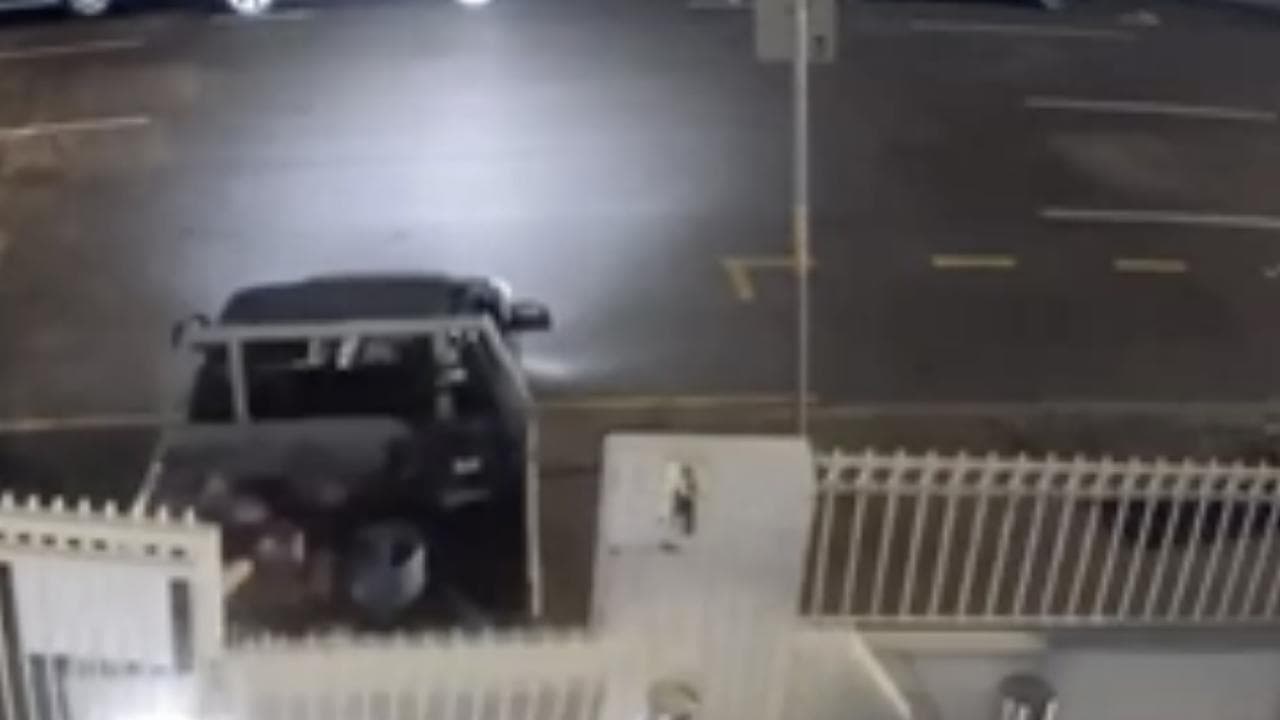The Statement
Multiple social media posts have shared claims that votes from people who died years before the 2020 US presidential election were counted in the closely contested poll.
Several rely on voter records from the US state of Michigan to support their allegations. They come at the same time as US President Donald Trump has repeated unsubstantiated claims his campaign was the victim of voter fraud.
One Facebook post includes a link to an article on the Rebel News Australia website that includes claims a dead man, William Bradley, voted via absentee ballot in Michigan.
The November 6 post reads "DEAD people registered to vote in Michigan database", mirroring the article's headline. It had been shared more than 750 times, drawing more than 300 comments and reactions at the time of publication.
Another post, from November 5, features a screenshot of a tweet from former Australian senator Cory Bernardi, who founded but later disbanded the Australian Conservatives party. It also carries the caption, "Wow have a look. Dead people can vote".
Bernardi's tweet includes a list of names, apparently drawn from a spreadsheet, their addresses and a column titled "YOB" with entries ranging from 1850 to 1902. It also includes William's Bradley's name.
Bernardi's tweet reads: "Good to see these seven active Michigan voters are all older than the oldest person alive. Heck, one was born in 1850! Happy 170th Birthday!"
The Facebook post including the screenshot had been shared more than 200 times and attracted over 300 comments and reactions at the time of writing.

The Analysis
While most media outlets have called the US election for Democrat Joe Biden, President Donald Trump has insisted that mass corruption of the voting system has skewed the results against him without providing credible evidence to support the suggestion.
Widely circulated voter-fraud allegations include later-debunked claims that ballots in the names of as many as 14,000 dead people were cast in the state of Michigan.
The Rebel News Australia article referenced in the November 6 post is centred on a series of tweets from right-wing activist Austen Fletcher, known online as 'Fleccas'.
The article says Mr Fletcher "found a number of votes tied to dead individuals, some of whom passed away decades ago" before going on to credit him for his "discovery of voter fraud".
One of Mr Fletcher's tweets, which has since received more than 47,600 retweets and 88,300 likes, reads: "Turns out 118-year-old 'William Bradley' voted via absentee ballot in Wayne County, Michigan. How long has this been going on?"
A search of the US Social Security Death Index shows a William Bradley was born in March 1902 and died in 1984. A search of Michigan voter records using the same information shows Mr Bradley registered to vote, with his absentee ballot listed as returned on October 2.
However, a search of the Michigan residents database also reveals another William Bradley, born in 1959, living in the same ZIP code. He told PolitiFact that he received both his own ballot and one for his deceased father, but he had thrown the second ballot away.
Lawrence Garcia, the principal attorney for the city of Detroit, told CNN the younger Mr Bradley's vote was "was incorrectly attributed to the William Bradley born 118 years ago through a clerical error".
Michigan's Department of State also responded to Mr Fletcher's Twitter thread, saying: "This is misinformation. Ballots of voters who have died are rejected in Michigan, even if the voter cast an absentee ballot and then died before Election Day."
In a statement of "fact checks" on Michigan's Secretary of State's website, it added that "on rare occasions a ballot received for a living voter may be recorded in a way that makes it appear as if the voter is dead".
"This can be because of voters with similar names, where the ballot is accidentally recorded as voted by John Smith Sr when it was actually voted by John Smith Jr; or because of inaccurately recorded birth dates in the qualified voter file; for example, someone born in 1990 accidentally recorded as born in 1890.
"In such scenarios, no one ineligible has actually voted, and there is no impact on the outcome of the election."
In a fact check of similar claims, CNN tested a sample of 50 of the 14,000 names on a list of potentially dead "voters". Of the sample, it found 37 were dead and had not recorded a vote, five were alive and had voted, while eight were alive and had not voted.
"Not a single one of the names examined was of a dead person voting," it said.

The Verdict
There is no evidence that votes have been cast in the names of dead people in Michigan during the 2020 presidential election.
While lists of deceased people who are registered to vote may be legitimate, there is nothing to suggest that ballots have been recorded in their names.
In the example offered of William Bradley, Michigan officials said a returned ballot was incorrectly assigned to the voter's dead father, who shared the same name.
False – Content that has no basis in fact.
* AAP FactCheck is accredited by the Poynter Institute's International Fact-Checking Network, which promotes best practice through a stringent and transparent Code of Principles. https://aap.com.au/











